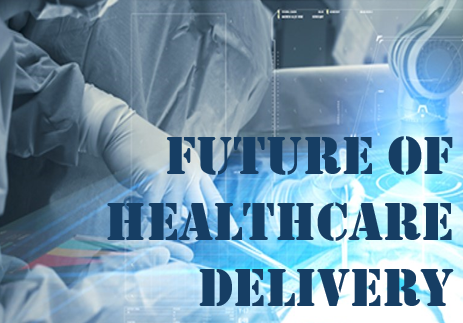

AI’s reach depends on the environments in which it operates as well as how it is developed and deployed, highlighting a fundamental debate on whether we should push for regulation or opt for free-market-driven deregulation.

AI’s reach depends on the environments in which it operates as well as how it is developed and deployed, highlighting a fundamental debate on whether we should push for regulation or opt for free-market-driven deregulation.

Health IT interoperability advocacy group, The Sequoia Project released its latest Data Usability Implementation Guide including added guidance for receiving systems, advanced baseline requirements from USCDI V1, and more.

Billions of dollars are lost annually in medical billing errors resulting from data entry mistakes, outdated coding practices, and duplicated charges. Artificial Intelligence (AI) and Machine Learning (ML) are revolutionizing the process of claims processing, diagnostics, eliminating errors, streamlining workflow, and increasing the accuracy of claims submissions. Together with human oversight to ensure precision and safety, AI augments healthcare professionals to improve patient care and outcomes.

Health equity can provide equal opportunity for patients to achieve the best care possible. Medtech leaders from Boston Scientific, Sequel Med Tech, and ZEISS Medical Technology share how healthcare delivery, data transparency, and industry collaboration can provide more value to patients.

CitiusTech Senior VP and Market Head, Healthcare Providers, John Squeo, shares five game-changing shifts that will redefine the future of US healthcare and unlock a more streamlined, accessible and patient-centric system.

The future of healthcare lies in the successful integration of workflow automation and advanced technologies. As the buzz-word salad of AI, such as NLP, LLMs, Gen AI, RPA, etc continue to evolve, their potential to revolutionize healthcare workflows will only increase.